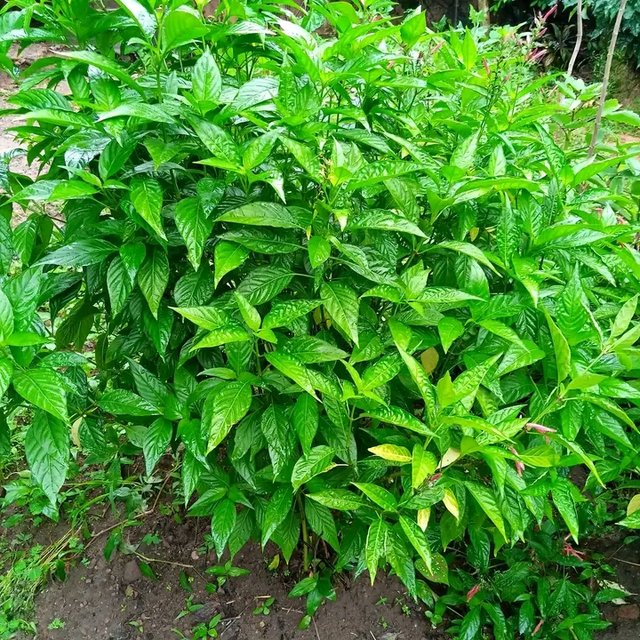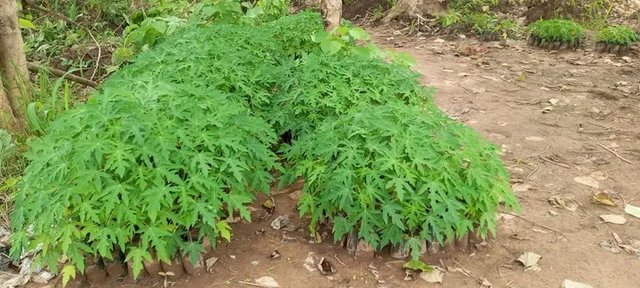Basic Knowledge in Agriculture #48
Basic Knowledge of Agriculture: Understanding Irrigation Systems
When talking about agriculture,we are not only referring to crops, soil, or fertilizers. But other aspects of farming and one very important part of farming that is sometimes overlooked is water management. As we all know that even as humans we cant survive without water as such no crop survives without water, and this is where irrigation systems come in. Without proper irrigation, most farmlands would not give us the food we enjoy today. So I will be breaking down what irrigation systems are, the different types and their importance in agriculture.
What Do We Understand by Irrigation Systems?
In the simplest terms,irrigation is the artificial way of supplying water to crops when they is lack of adequate rainfall It is the way we give giving plants water when nature does not provide enough
Irrigation systems, therefore, are the methods and techniques in which farmers use to control and supply water to their farmlands. They are carefully crafted systems that ensure crops get the right amount of water at the right time.
Types of Irrigation Systems
There are different irrigation systems depending on the type of land, climate, crop, and resources available.
- Surface Irrigation
This is the most common and oldest method. Water flows over the land by gravity, and spreads across the farm. It includes techniques like furrow, basin, and border irrigation. Farmers usually dig small channels or ridges to guide the water gain access to the crops.
Advantage Of this method is how Cheap and easy it is to apply.
Disadvantages: It wastes lots of water and sometimes may cause waterlogging if not properly managed .
- Drip Irrigation
As the name suggests, water is given to crops drop by drop using pipes and tubes. This system supplies water directly to the roots of plants.
Advantages: Saves a lot of water, reduces weeds, and gives crops exactly what they need.
Disadvantages It is expensive to set up and requires regular maintenance.
- Sprinkler Irrigation
In this method, water is sprayed using pipes and nozzles in the form of artificial rain.
Advantages: it Sits well for different types of crops and works well even on uneven land.
Disadvantages: it may be costly to operate moreover strong winds may affect the spraying of water.
- Subsurface Irrigation
In this method, water reaches the roots of plants through buried pipes or channels.
Advantages it helps reduce water loss
Disadvantages: cost of installation and may not be suitable for all soil types.
- Manual Irrigation
This is the commonest method here Farmers use watering cans, buckets, or small pumps to supply water to crops by hand. It is common in small farms and gardens.
Advantages: Easy and low cost of operation
Disadvantages: stressful, time-consuming, and not practical for large farms.
Importance of Irrigation Systems in Agriculture
- Ensures Crop Growth
Rainfall being a nature gift sometimes are not dependable Some seasons come with little or no rain at all. Some have delayed rain while some the rain may cease at certain times Irrigation ensures that farmers can still grow crops even in dry periods.
- Increases Crop Yield
When crops receive water in the right proportion they grow and produce more. Irrigation helps farmers get greater yields compared to depending only on rainfall.
- Allows for Multiple Cropping
In places where irrigation is practiced, farmers can grow crops more than once in a year. Without irrigation, they would have to wait for the rainy season only. This boosts food supply and income for farmers.
- Supports Livestock farming and Aquaculture
Irrigation is not mainly for crops. It is also applicable to animals on the farm and even for fish farming.
- Boosts Food Security and Economy
Countries with effective irrigation systems can produce enough food This, in turn, supports the economy.
Conclusion
Irrigation systems are the helping hands of modern agriculture. They are not just about crops but about ensuring consistency of food supply, support farmers’ livelihoods, and boost economic development.
In essence without water, agriculture is impossible. And without agriculture, human survival becomes almost a struggle. This is why irrigation systems remain one of the greatest tools in farming today.
Inviting @mercybliss @akareen @promisezella to participate


Hola
Existen varios tipos de riego , todos son importantes y cumplen la misma función de mantener hidratada la planta.
El agua es el líquido indispensable para la planta y cuádo la planta está en la etapa inicial es indispensable que se mantenga húmeda y bien hidratada y se puede implementar cualquier sistema de riego.